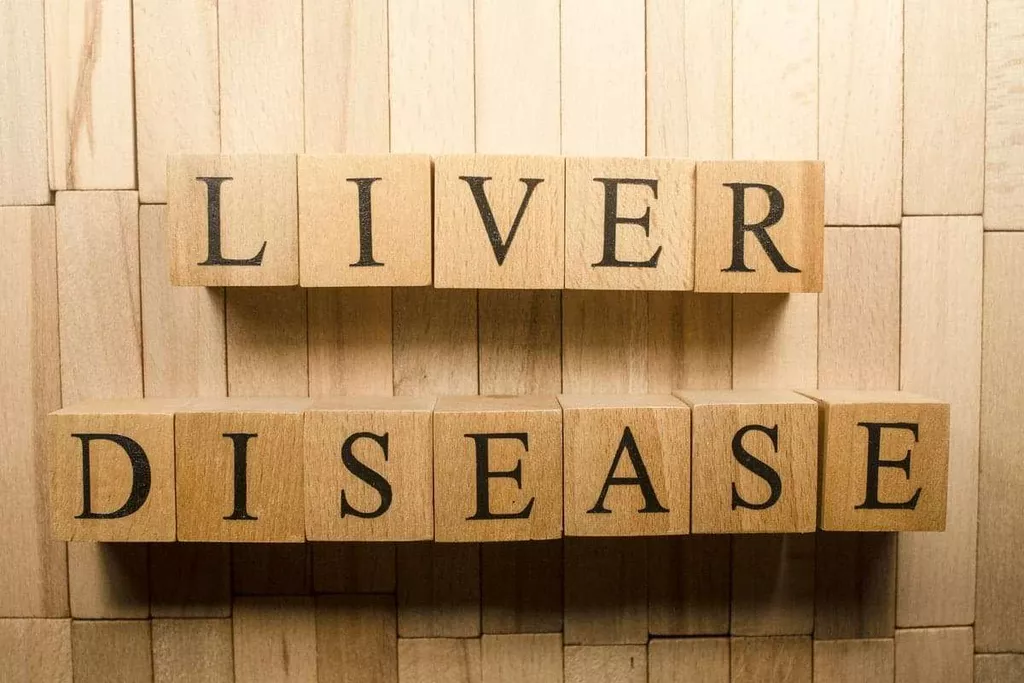However, if she notices she is feeling overwhelmed with craving, she could use mindfulness to disrupt the automatic urge to engage in substance use, and then mindfully respond by taking steps to decrease her risk (eg, leaving the party and calling a supportive friend). Since Kabat-Zinn’s initial work with mindfulness, which is based on Buddhist teachings and meditation practice, mindfulness techniques and mindfulness meditation have been incorporated into many mental health and recovery programs. Mindfulness-Based Relapse Prevention (MBRP) integrates mindfulness practices with standard relapse prevention strategies, including cognitive-behavioral therapy that teaches ways to cope with distressing thoughts and feelings and challenge self-defeating beliefs. Mindfulness-Based Therapeutic Community (MBTC) treatment includes the inclusion of mindfulness meditation and mindfulness techniques into the regular practices of residential treatment facilities. We argue that mindfulness is particularly suited for relapse prevention.
Family and Children’s Programs
Here’s one treatment to help prevent relapse. – Psychology Today
Here’s one treatment to help prevent relapse..
Posted: Sun, 28 Mar 2021 07:00:00 GMT [source]
By living in the moment and not avoiding what’s happening in the present, you may be less likely to abuse drugs and alcohol. Mindfulness-based treatment interventions offer a structured format for using mindfulness as part of a treatment program. Becoming more mindful of your thoughts, emotions, and body begins with having a desire to do so—a notion that is not at all dissimilar to the process of seeking addiction treatment. You don’t need any special training or equipment to practice mindfulness and meditation.
Can mindfulness really help prevent relapse?

Practicing mindfulness can help individuals develop better emotional regulation, improve inter and intrapersonal relationships, reduce stress and anxiety, and provide an overall sense of calmness. The Recovery Village aims to improve the quality of life for people struggling with substance use or mental health disorder with fact-based content about the nature of behavioral health conditions, treatment options and their related outcomes. We meditation for addiction publish material that is researched, cited, edited and reviewed by licensed medical professionals. The information we provide is not intended to be a substitute for professional medical advice, diagnosis or treatment. It should not be used in place of the advice of your physician or other qualified healthcare providers. By focusing on the present moment, you can avoid getting overwhelmed by painful memories or anxiety about the future.
Further mindfulness benefits for people with SUDs
- While mindfulness alone isn’t sufficient treatment for addiction, it can be an effective tool to help you remain grounded in the present, ultimately helping you to better cope with life and recovery.
- Fourteen percent purported that they were unable to receive their needed services, and 2% say they were unable to access naloxone services.
- If you or a loved one live with drug addiction or substance use disorder, you don’t have to do it alone.
- Learn more about the benefits of mindfulness-based cognitive therapy for depression and addiction.
- Some clients may have physical or mental health concerns that make it difficult for them to sit in silence.
As discussed in “Mindfulness as a means of targeting mechanisms of addiction” section, a corpus of research has begun to amass on the mediators of MBI effects on addiction. Consider the case of a man in partial remission from alcohol use disorder who has recently stopped drinking. After successfully abstaining from alcohol for over 2 months after realizing the negative impact his drinking had on his family and work, he attends a party with old friends, where he is overcome by craving and has a drinking lapse. He could interpret this lapse as the beginning of a downward spiral into his alcohol use habits, with attendant feelings of shame and hopelessness. Alternatively, he could use mindfulness to disengage from this negative emotional state, arrest the automatic impulse and concomitant experience of craving, and then re-commit himself to recovery by contacting his 12-Step fellowship sponsor. Thus, mindfulness may help to prevent relapse by increasing awareness of high-risk situations, supporting positive hedonic tone, and preventing a singular lapse from becoming a full-blown relapse.
- During this exercise, participants are instructed to hold a piece of chocolate close to their nose and lips and become mindful of the arising of craving as they refrain from eating the chocolate.
- In the next section, we’ll explore the power of mindful meditation in fostering inner peace and emotional stability throughout the recovery process.
- By becoming aware of these aspects, one can gain a deeper understanding of their triggers and cope with them effectively.
- Mindfulness involves being aware of your thoughts, feelings, and physical sensations as they happen, allowing you to observe your experiences without getting caught up in them.
Mindfulness Practices For Addiction Recovery
Previous studies demonstrating that such training can prevent addiction to opioid pain medication led Cooperman’s team to ask whether similar techniques could help people who already have an opioid use disorder. Warren is a Licensed Master Social Worker, who specializes in substance abuse and mental health treatment. Clinically, Warren has developed a therapeutic skillset that utilizes a strengths-based perspective, Twelve Step philosophies, Cognitive Behavioral Therapy and Motivational Interviewing. As I sit here typing away at the computer after finishing my meal mindfully with a heightened sense of awareness, taking small sips of my tea, I realize that I didn t even have a craving for dessert after my meal. As someone who has personally struggled with addiction, I can attest to the immense value of mindfulness in my own recovery journey.
Through this technique, clients learn to consciously and adaptively respond to the urge to use substances rather than automatically reacting to appetitive cues in maladaptive ways. Such tailoring is presumed necessary for maximizing clinical effects of MBIs as treatments for addiction, though no quantitative comparisons of tailored (e.g., MBRP) versus general (e.g., MBSR) MBIs have been conducted for individuals with substance use disorders. Comparative effectiveness research or dismantling trials are needed to determine whether such addiction-specific tailoring increases effect sizes. Little is known about the neurobiological mechanisms of mindfulness as a treatment for addiction. Though various conceptual models have been advanced [22, 23, 73], few tests of these specific neural hypotheses have been conducted. Adequately powered, randomized fMRI studies are needed to test basic mechanistic assumptions long held in the field.

They’re sometimes consumed with guilt, shame, and self-directed anger. If you or a loved one are in need of help with addiction, contact us today. Our professional and friendly addiction specialists are able to answer your questions and get things moving in the right direction. We invite you to take this important https://ecosoberhouse.com/ step toward healing and transformation with us. Reach out to Adelante Recovery Centers today and embark on a journey that empowers you with resilience, peace, and lasting recovery. Mindworks goal is simple—we want to help you discover the transformative power of meditation so that you can live your best life.